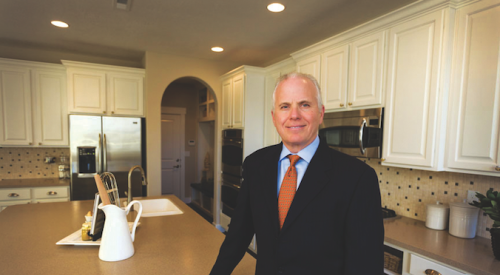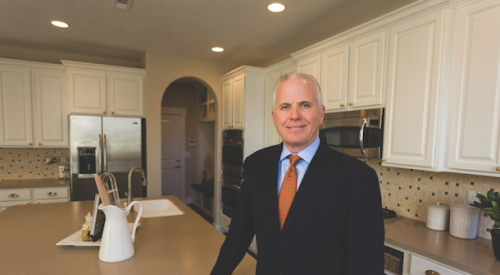Woodside Homes took its “act private, look public” mantra to the next level by closing a bond offering that netted more capital for the Salt Lake City, Utah-based company than did recent IPOs for some home builders.
Woodside recently closed on its offering of $220 million aggregate principal amount of 6.75 percent senior unsecured notes.
Approximately $140 million of the net proceeds from the issuance and sale of the unsecured notes were used to refinance the company’s existing senior secured notes and pay fees and expenses related to the offering and refinancing. The notes are due 2021. Credit Suisse Securities, Moelis & Company, Citigroup, and Wells Fargo Securities brokered the offering.
“The money we raised, we had planned on raising for a long time,” said Joel Shine, Woodside’s CEO. “We raised it a little earlier than we thought we would, but we had a land pipeline at the time that could absorb that money. It’s a boring story. We like to make a plan; we tweak it every quarter, and we just know that is what we are going to do. We’re not trying to double our company every year. We’re growing at a manageable clip.”
Revenue for the recently completed second quarter increased 25 percent versus the same period a year ago, and closings during the first half of 2013 are running 25 percent ahead of last year’s pace. In 2012, Woodside’s new residential construction revenue grew 45.1 percent from 2011 to $313 million on 1,300 closings. The company expects to open 40 new communities this year.
Woodside constructs homes in five states—Arizona, California, Nevada, Texas, and Utah—and Shine says there are no plans to change from the company’s current strategy of being a regional builder.
“We put together a strategy in 2010, and we made a well-researched and thoughtful bet–at the end of the day, it’s always a bet–that the right place to be coming into this cycle would be to build a little less first time and a little more move-up, do some blocking and tackling and find well-located, good transportation and jobs, school districts, et cetera,” said Shine. “That’s worked out, and we’re pretty happy with our performance. We’re always thinking about other markets, and other products and places to go, but there is certainly nobody on my staff who is charged with spending seven days a week looking for new markets to go into.”
The company previously strengthened it liquidity during the 2012 fourth quarter when it recapitalized with $75 million in equity and $128 million in notes that refinanced its existing debt then.
PB Topical Ref













